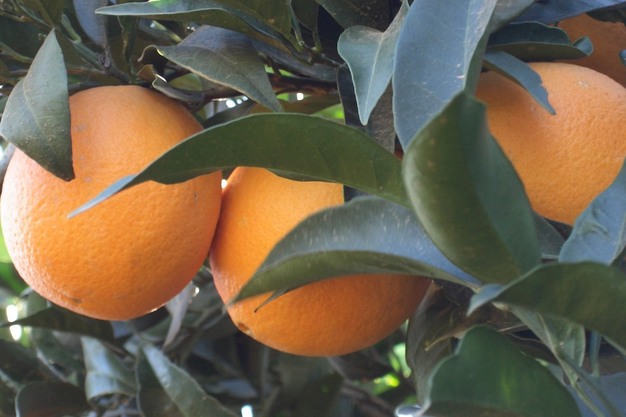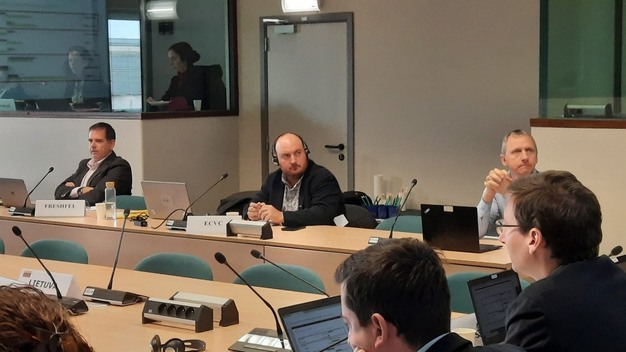Yesterday, at the European Union Citrus Observatory held in Brussels, the Coordinator of Farmers' and Livestock Organizations (COAG) expressed great concern about the possible closure of the EU-Mercosur agreement and the impact on producers in the EU.

According to the organization, the agreement's tariff liberalization would greatly benefit processed citrus imports from Brazil and Argentina, facilitating their access to the Community market to the detriment of Spanish exports. While the direct effects could be less noticeable in the fresh market, the imbalances in the already problematic industrial destination would, as a whole, affect the profitability of Spanish citrus farms. "It would be a death blow for a sector that has suffered for years from unfair competition from imports from Egypt, Turkey, and South Africa," the COAG stated.
The COAG also criticized the distribution of value in the citrus chain. "It's not a question of consumers paying more because there's already enough margin in the chain to distribute to all the operators who add value to the product and the people in the production sector so they can continue to make a living from their work," the organization stated.
"However, European distribution companies are making huge profits at the expense of everyone who brings value to the chain, especially citrus producers. For example, Spanish lemons are being sold for 3.18 €/kg by the large-scale retail in Brussels but being paid at 40-50 cents/kg in the field", Pedro Gomáriz, head of the citrus sector of COAG, stated.

The greater control that investment funds and large transnational companies are gaining in the European and Spanish citrus sectors was also highlighted in the session. Four of the top ten citrus operators in Spain are controlled by investment funds.
"There is a business concentration that prioritizes profitability over the commercialization of the product originating in our country," said Gomáriz. "We are concerned that our future may increasingly depend on the profits of four large companies, which are determining the future of citrus growers' farms. Authorities must adopt regulatory measures that prevent these business conglomerates and investment funds from destroying our citrus farming model linked to the territory."
For more information:
COAG
+34 619 30 17 54
www.coagandalucia.com
